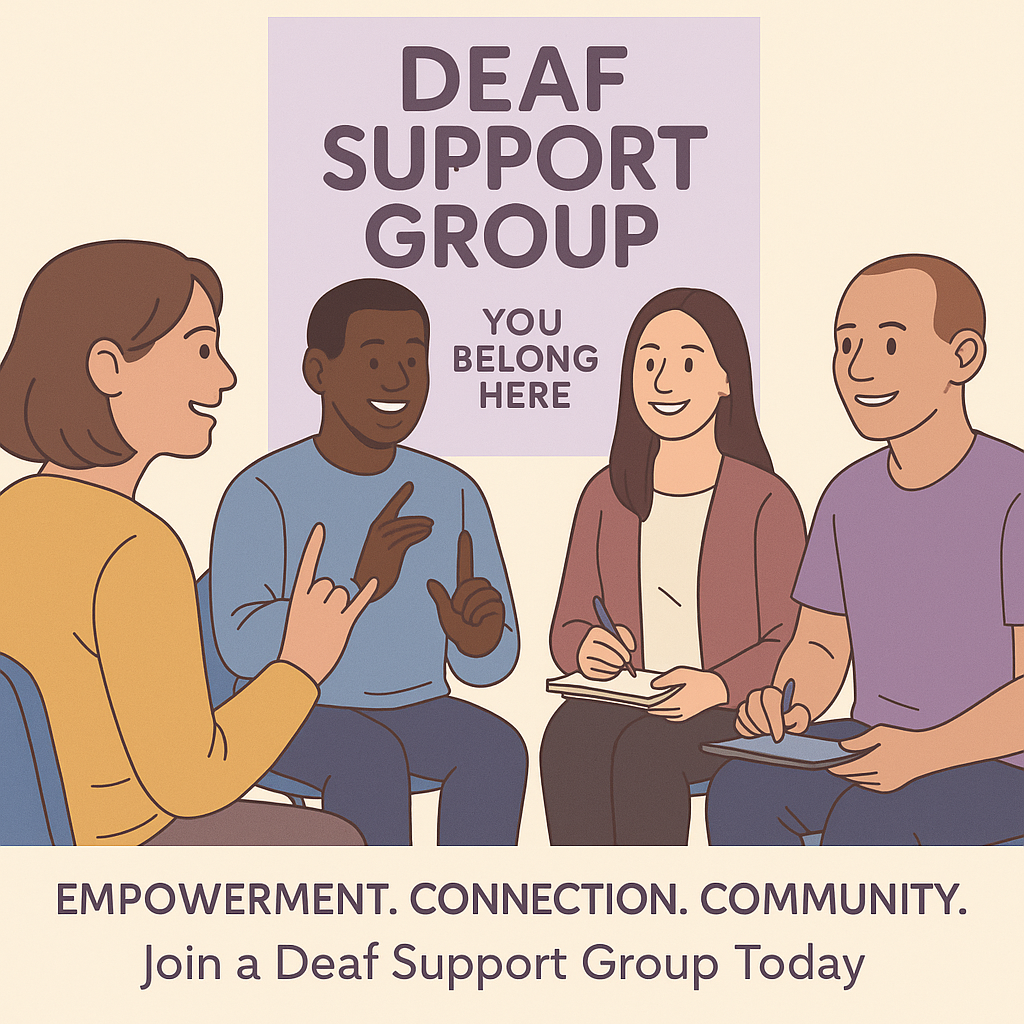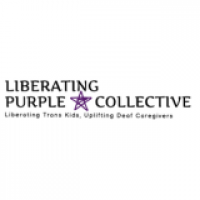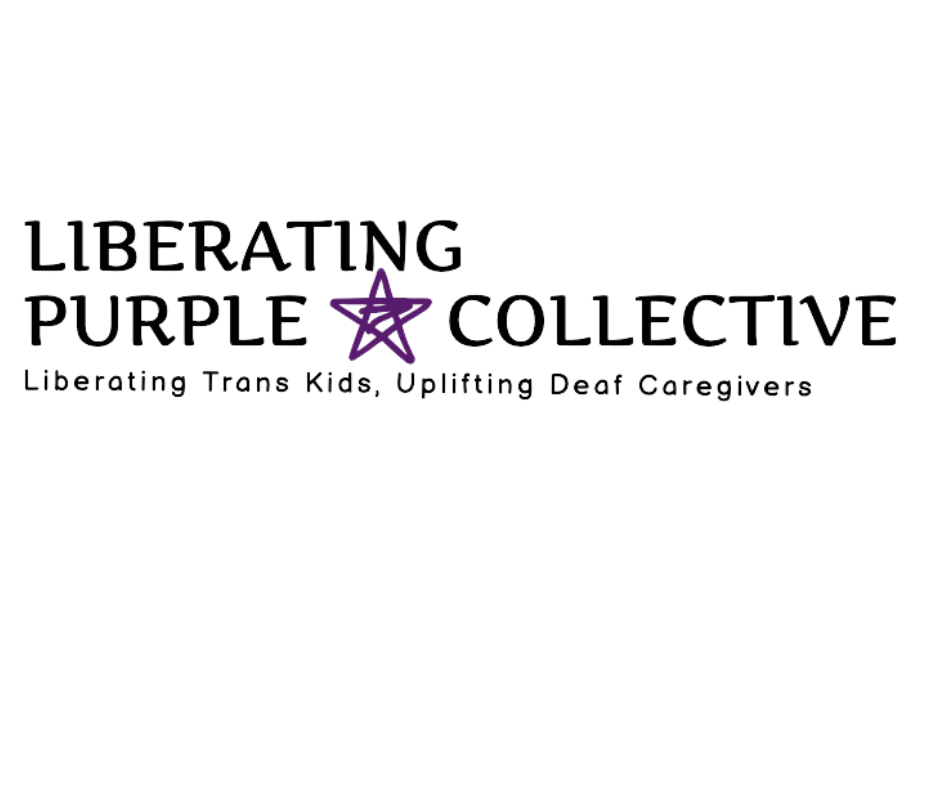What Support Services Exist for Deaf Disabled People?

Strong 8k brings an ultra-HD IPTV experience to your living room and your pocket.
Sometimes the journey to understanding who we are—and what we need—feels more like a whisper than a shout. If you’ve ever wondered how to find support that truly sees you, especially as someone who is Deaf and disabled, know this: you are not alone, and your needs are not too much. You deserve care that honors the full complexity of your being.
This is a quiet offering of words—a guide through reflection, a moment to breathe, and maybe, to feel a little more held.
You Don’t Have to Have All the Answers to Deserve Support
Maybe you’re still figuring things out. Maybe you’re not sure which labels feel right—or if any of them do. You might be deaf, disabled, both, or somewhere in between. This space holds you as you are, no definition required.
Support doesn’t wait for certainty. You’re allowed to reach out, even when your words feel tangled. You’re allowed to need help even when the world tells you to be “strong.” The truth is, asking for support is a form of strength too.
Where Can Deaf Disabled People Find Support?
The path to care can be messy and nonlinear — especially for multiply marginalized folks. But there are communities, services, and people out there who understand.
Here are a few starting points:
Deaf-specific Disability Services: Look for organizations run by Deaf or hard-of-hearing people with lived experience. They often offer case management, interpreting services, advocacy, and peer support that truly gets it.
Independent Living Centers (ILCs): These often have programs for Deaf or disabled people and may help connect you with housing, communication access, and legal advocacy.
Online Communities: Places like Instagram, TikTok, or even specific Facebook groups can be spaces of incredible wisdom. Look for hashtags like #DeafDisabled or #DeafAndDisabled to find people speaking your language.
Disability Justice Organizations: Seek out groups rooted in disability justice rather than charity models. These communities often center queer, trans, and BIPOC voices—people who move through the world like you do.
Mental Health Services with Cultural Humility: Therapists or coaches who are Deaf, disabled, or trauma-informed can help create affirming spaces for you to heal without having to explain your existence first.
Affirmations for the Journey
You may need to hear this today:
- I do not have to be “productive” to be worthy.
- My access needs are valid.
- I am allowed to move slowly.
- There is nothing wrong with needing care.
- I belong in every room I enter—just as I am.
Healing Doesn’t Always Look Like a Straight Line
Maybe you’re in a season of isolation. Or maybe you’ve been burned before—by systems that claimed to care, by providers who didn’t listen, or by institutions that weren’t built with you in mind.
That pain is real. But so is the possibility of connection, rest, and tenderness.
Healing might look like a peer-led Zoom support group. Or a new vibrating alarm that helps you wake up gently. Or finally finding a social worker who understands your intersectional experience.
Every small access point is a victory. Every time you say “I need...””—that is a form of resistance and reclamation.
Supporting Each Other in Community
If you’re someone who wants to support Deaf and disabled people better — especially in queer or trans spaces—start by asking:
- Are our events accessible to Deaf, HOH, and disabled folks?
- Do we offer clear information about accommodations?
- Are we compensating Deaf and disabled leaders for their labor?
Solidarity begins with listening and continues with action.
You Are Not a Burden. You Are a Story Worth Telling.
It can be easy to feel invisible in systems not designed for us—schools, clinics, and workplaces. But your experience is sacred. Your existence is a form of truth-telling.
Even when you can’t find the right words, your body is speaking. It’s saying, “I deserve ease. I deserve connection. I deserve to be met with care.”
You do.
Final Thoughts: You’re Allowed to Be Unfinished
Whether you’re Deaf, disabled, neurodivergent, or non-binary—or still exploring all the layers of who you are—this is your reminder that you are enough, right now.
You don’t have to be sure. You don’t have to be “doing better.” You just have to be.
And in case no one’s said it today: I’m glad you’re here.
Want to Talk to Someone?
Join a youth support circle with the Liberating Purple Star Collective
Watch ASL videos of other non-binary and trans youth sharing their stories
Email or DM us — someone from our team will listen without judgment
You are not alone. You never have to figure it all out by yourself.
Note: IndiBlogHub features both user-submitted and editorial content. We do not verify third-party contributions. Read our Disclaimer and Privacy Policyfor details.



